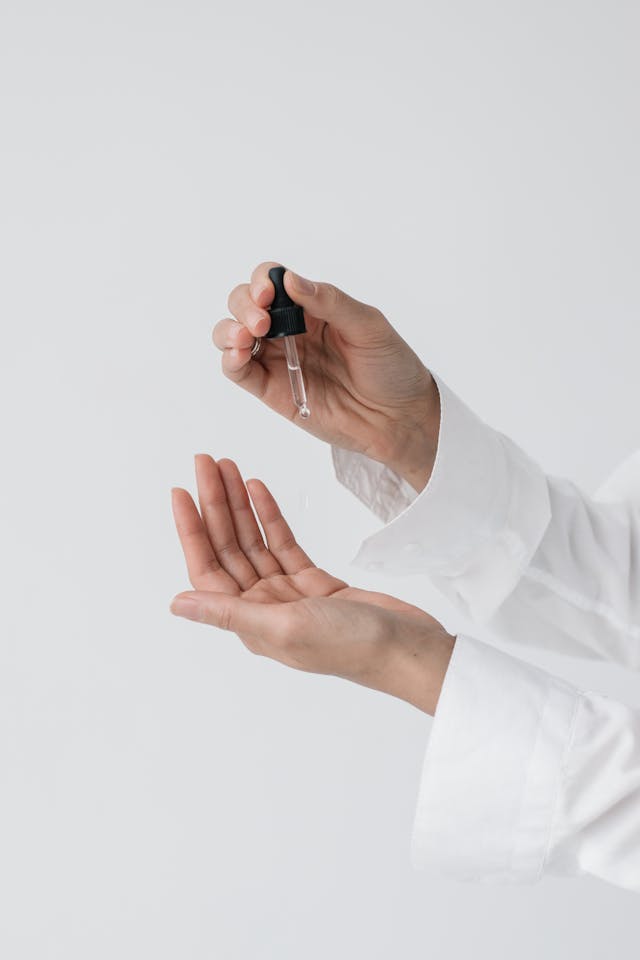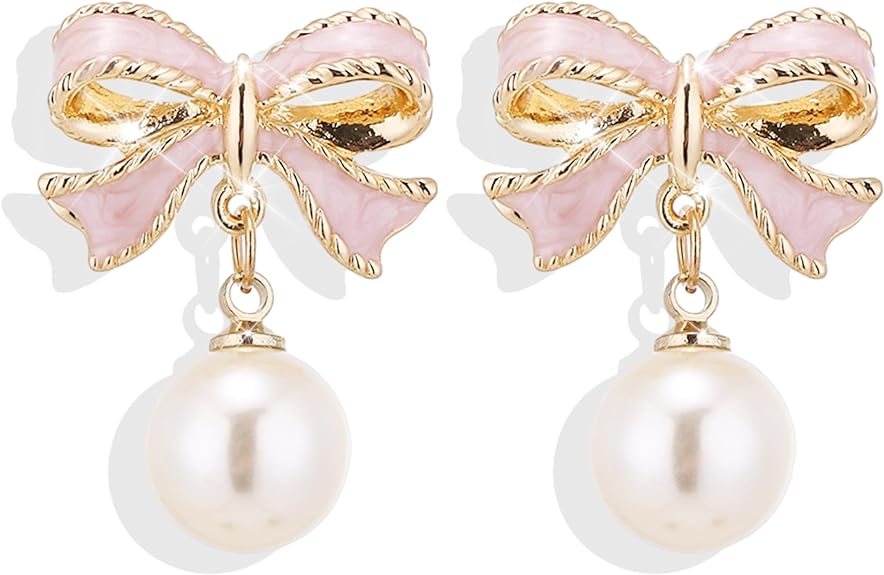The wellness industry coupled with social media has done a brilliant job of convincing us that self-care is something we buy. New skincare. New candles. New bath bombs. But if you’ve ever gone on a “treat yourself” spree, you know the truth that once the shopping high fades, you’re often left with clutter, a lighter wallet, and the same stress you started with.
However, when people say that “self-care doesn’t have to cost a thing,” it can sound a little unrealistic. And this is because taking care of yourself does involve some expenses. Things like soap, deodorant, pads, or even making sure you’re eating decent meals these are non-negotiables, and they matter.
The consumerism trap starts when we’re told we constantly need the next product like the pricey serum, the luxury candle, the newest wellness gadget to feel whole. Real self-care is much simpler than that. It’s found in the everyday choices that help you feel grounded, rested, and at peace. Yes, spend on the basics, but recognize that the most valuable parts of self-care such as boundaries, sleep, movement, fresh air, connection are free.
Here’s how to practice self-care without leaning on consumerism
1. Redefine What Self-Care Actually Means
Self-care has been marketed as pampering, but it’s much deeper than that. At its core, it means taking deliberate steps to maintain or improve your well-being. Sometimes that looks like face masks and candles, but often it looks like getting eight hours of sleep, drinking water before you reach for coffee, or letting yourself cry instead of pushing through.
Think about what actually makes you feel better long-term, not just for five minutes. Ask yourself: Is this thing nourishing me, or just numbing me? Real self-care usually feels restorative afterward, not draining or regretful.
2. Protect Your Energy with Boundaries
Self-care isn’t always soft sometimes it’s firm. Protecting your energy means respecting your own limits. That could mean saying no when you’re overbooked, putting your phone on “Do Not Disturb” after 9 PM, or letting go of toxic friendships that leave you feeling drained.
Imagine how much calmer your life feels when you’re not constantly saying yes out of guilt. Boundaries are like invisible fences they let in what supports you and keep out what harms you. They cost nothing but give you back your time, peace, and self-respect.
3. Give Your Body the Basics
Our bodies don’t need luxury products; they crave the basics. Movement, rest, hydration, and good food. You don’t need an expensive gym membership to move your body a walk outside, some stretches in your room, or dancing to music you love all count.
Even small changes, like pausing to drink water before another cup of coffee, can shift how you feel. Sleep is another underrated form of self-care. No candle or $40 moisturizer can replace what your body gets from consistent, quality rest.
Think of it this way: instead of buying self-care, give your body the basics it’s been asking for all along.
4. Create Without Pressure
Consumer culture tells us: buy something new to feel better. But there’s something powerful about creating instead of consuming. Writing in a journal, doodling, cooking a meal with whatever you already have, or even making a playlist can feel surprisingly restorative.
The key is to create without pressure. It doesn’t have to be perfect or productive. You’re not making art for Instagram or food for TikTok you’re making it for you. The act of creating shifts your energy from passive scrolling or buying to actively engaging with your own imagination.
5. Declutter Your Space (and Your Mind)
Clutter is sneaky stress. Piles of clothes, endless notifications, and a messy desk can make your brain feel just as chaotic. Self-care here means simplifying. Tidy one drawer. Unsubscribe from emails you never read. Delete apps that keep you in a spiral.
Decluttering doesn’t just clear physical space; it clears mental space too. You’ll be surprised how much lighter you feel when you walk into a room that’s organized or when your phone isn’t buzzing every five seconds. Sometimes the best way to “add” self-care is to subtract what’s weighing you down.
6. Rest Without Guilt
In a hustle-driven world, rest has been turned into a luxury. We’re told we have to “earn” it with productivity or make it aesthetic with weighted blankets and essential oils. But real rest is free, and you don’t need permission for it.
Rest might look like a 20-minute nap, lying on the floor with your eyes closed, or even doing absolutely nothing without reaching for your phone. The hard part isn’t the resting it’s giving yourself permission not to feel guilty about it. Self-care here is reminding yourself: I deserve rest simply because I’m human, not because I checked enough boxes today.
7. Connect with People Who Replenish You
We sometimes forget that self-care can come from others too. A real, honest conversation with a close friend can do more for your soul than a shopping haul ever will. Call someone who “gets” you. Hug a sibling. Have coffee with someone who makes you laugh until your stomach hurts.
Notice how you feel after spending time with people. Do you feel lighter, supported, and more yourself? That’s replenishing connection. If you feel drained or small, that’s your sign to re-evaluate. Choosing relationships that fill you up is an act of care you can give yourself again and again.
8. Spend Time in Nature
Nature is the most underrated self-care tool, and it’s free. Go sit outside with your morning coffee. Take a slow walk in the park. Stand barefoot on the grass. Even opening a window and letting the sun hit your face counts.
Nature has a way of resetting us, reminding us to slow down. Studies show it lowers stress, improves focus, and boosts mood no shopping cart required. Sometimes the most powerful form of self-care is stepping outside and remembering that the world is bigger than your current worries.
Conclusion
Self-care has been commercialized, but it was never meant to be something you buy. It’s about daily practices that show you value your well-being protecting your energy, resting without guilt, connecting with others, and giving your body what it needs.
You don’t need more products; you need more presence. And that’s good news, because it means the richest kind of self-care has been available to you all along.


